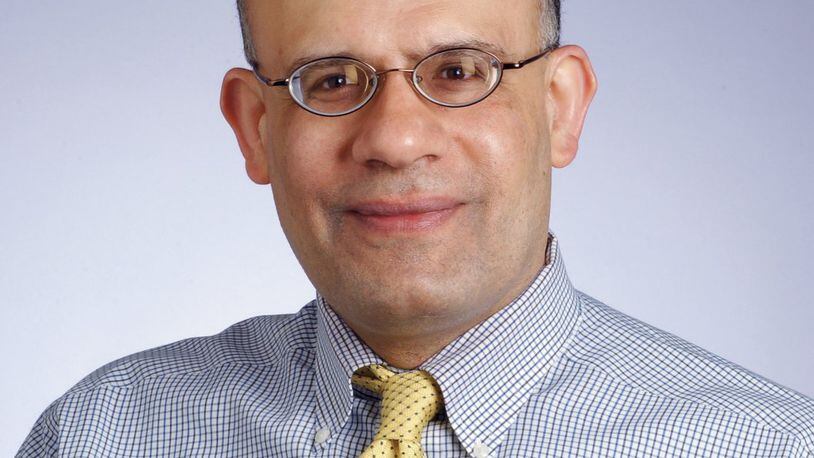“Perhaps the biggest question people have is, ‘Will I need to have chemotherapy or not?’ Thankfully, we now have an encouraging answer for the majority of patients with an early-stage diagnosis,” said Dr. Jhansi Koduri, a medical oncologist at Premier Health.
In June, groundbreaking results from a years-long study were released in the New England Journal of Medicine: Many women diagnosed with stage one and two breast cancer may not need to undergo chemotherapy treatment at all.
FIVE FAST READS
• Local mall announces new store coming two days in a row
• New store to open at Beavercreek mall
• Amazon boosts wages for area Whole Foods, Amazon workers
• New store opening in former Fairborn Kroger space
• New Centerville arts, crafts store announces opening date, giveaways
The study, known as Trial Assigning Individualized Options for Treatment, or TAILORx, was one of the largest of its kind ever conducted.
“TAILORx looked at early stage, lymph node-negative, HER-2 negative, hormone-positive breast cancers, and included over 10,000 participants across all age groups from 2006 to 2010,” said Koduri. “The findings were significant because they directly applied to more than 70 percent of all new breast cancer diagnoses we see today.”
What the evidence-based results ultimately showed is that patients who received hormone therapy alone did just as well as those who were treated with chemotherapy. According to the National Cancer Institute, the overall survival rate was 98.0 percent for those who received hormone therapy alone and 98.1 percent for those who received both therapies.
The study is significant, helping physicians to feel confident in prescribing hormone-only therapy. Patients who fall within this group no longer have to put their lives on hold to cope with the often debilitating effects of chemotherapy treatment.
“To put it simply, this news is huge,” said Koduri, who also is an MD Anderson-certified physician. “As physicians, we were all hoping and expecting to see these results, but we didn’t know for sure until they actually came out. I’m happy to say that I had a number of my own patients who participated in the TAILORx study, and as a result it will have a positive effect on those who follow them.”
The study’s results don’t just equip physicians like Koduri with the evidence they need to provide life-saving treatment for their patients. The findings also enable them to pursue more targeted care to create a personalized level of treatment based upon the biological makeup of their disease.
About the Author
